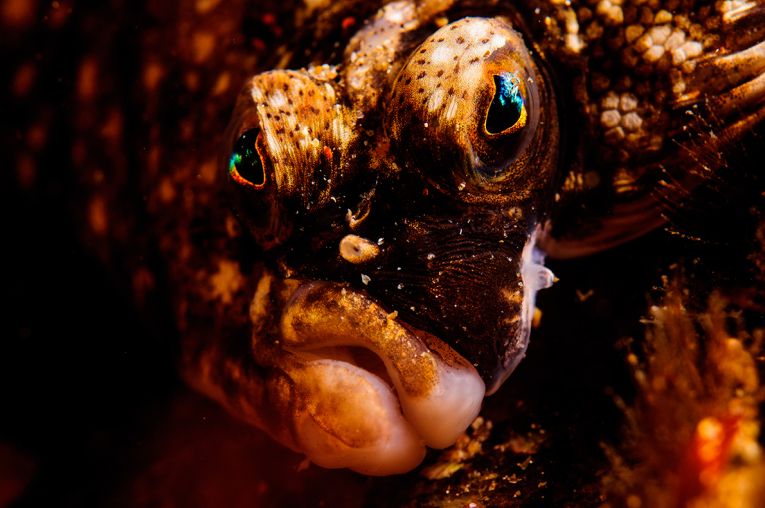Plaice image; Credit: © EUO © OCEANA Juan Cuetos 20170701_Aberdeenshire2 0387.
The marine conservation group, Oceana have long been recording changes in our ocean fauna and flora in many parts of the world. In Europe, they have surveyed 26 other areas. The North Sea is quite handy for those Dutch scientists, and funders from the Dutch Postcode Lottery, who have just completed their 2nd survey of the rich shallow sea in Newcastle, on board the
They progressed from Norway and Germany to Denmark and the UK, covering a total of 8700km (5400 miles.) The data should now compare with a previous expedition last year and masses of EU and national figures to help identify the critical changes taking place in this most overfished of all seas. Marine traffic through the English Channel, enormous pollution problems and vast oil and gas fields add to the tragic mix for almost all marine life.
In their final days at sea, the dolphin species around the Firth of Forth were seen hunting near the reserve at St. Abb’s Head. Scuba expeditions on the Farnes East Marine Conservation Zone investigated substrates such as the unique mud and the famous grey seal colony nearby (6000 strong) The great variety of fish species still surviving there may help confirm the success of the North Sea MCAs. The rest of the expedition was just as rich in discovery, with their combined diaries visible for the avid reader at this OCEANA site.
The apparatus used by the researchers included a multibeam echo-sounder and a filming and sampling underwater robot to cover material at depth (up to 460m) although the 34 scuba dives covered much of the remarkably shallow depths. Lasse Gustavsson of Oceana Europe explains the objectives with Underwater ecosystems, although out of sight for most of us, have an impact on our everyday lives. By protecting and ensuring healthier marine life through well-managed marine protected areas (MPAs), we can recover popular fish stocks like cod, haddock and sole, as well as make our beaches cleaner and even improve water quality in general.
The weaknesses of government in the North Sea’s MPAs can now be better investigated, with only 12% having management measures that actually get carried out. 5 nations were involved in this expedition with the possibility of new reserves, especially offshore, to be suggested by data and that improved governance that has long been proposed by NGOs, scientific institutions and even the 5 governments! More than that, the multi-annual plan for the North Sea needs EU approval.
We have been looking at the North Sea with Orca and others. If you fancy checking those bottle-nosed and white-beaked dolphins and the other cetaceans there, here is our article, entitled Summer Holiday for Whales.










